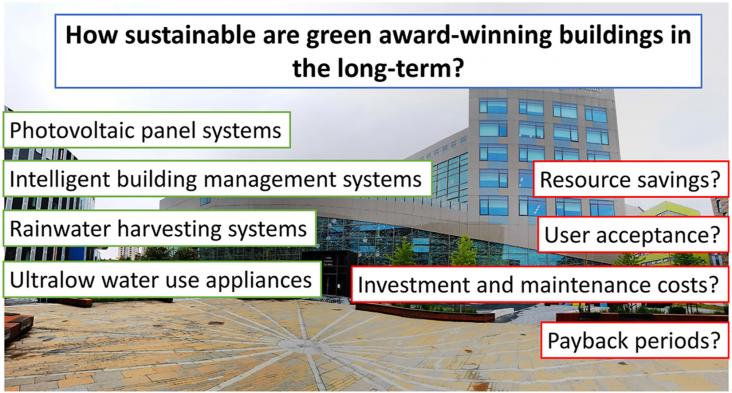This study, relevant to Goals 3, 10, and 13, examined how often and in which countries health considerations were factored into a country’s Nationally Determined Contributions (NDC’s) for climate commitments. They found that countries with the greatest vulnerability to climate change health effects – largely countries with the fewest resources – considered health effects the most. The authors recommend that considering health, even in higher resourced countries, can increase public backing for ambitious climate goals.
Links to SDG6 and the theme of WWD as it covers the presence of emerging pollutants in aquatic systems such as rivers, lakes, groundwater, glaciers, wetlands, the ocean poses significant risks to human and environmental health.
This chapter advances UN SDG goal 7 by describing methods of geoengineering which could slow down the rate of temperature change and limit the impacts of climate change.
This chapter aligns with Goal 14: Life Below Water and Goal 13: Climate Action by exploring the role of viruses in the marine carbon cycle and describing how advances in marine virus research can improve marine ecosystem models and predictions of the future of marine carbon cycling.
The rise of #climateaction in the time of the FridaysForFuture movement: A semantic network analysis
Social Networks, Volume , 2022

Two green gown award winning buildings, built in 2004 and 2017, were investigated. Features include rainwater harvesting, sensing and photovoltaic panel systems. Sustainability features delivered only 28–71% of their potential resource savings. The performance gaps were due to technical, human, and economic factors.
This chapter aligns with Goal 14: Life Below Water and Goal 13: Climate Action by exploring the potential of marine renewables, including wind, wave, and solar, for providing long-term sustainable energy sources.

Mobility as a Service (MaaS) is a recent concept that is gaining momentum in both the scientific world and the private sector.
Internalising health-economic impacts of air pollution into climate policy: a global modelling study
Background: Climate change and air pollution are two major societal problems. Their complex interplay calls for an advanced evaluation framework that can support decision making.
Mitigating and adapting to climate change requires decarbonizing electricity while ensuring resilience of supply, since a warming planet will lead to greater extremes in weather and, plausibly, in pow

